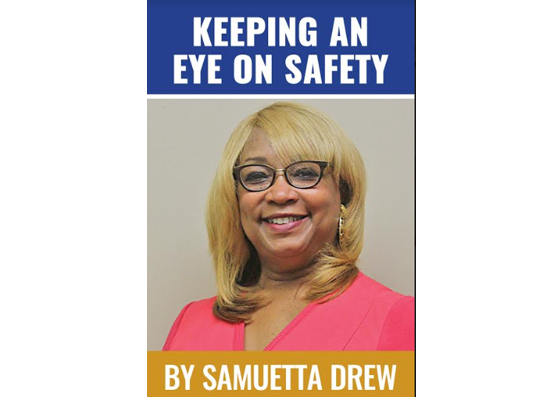By Samuetta Hill Drew
Bullying is a very serious matter. The Care.com commissioned survey results clearly say that parents want their children’s school to take this matter of bullying seriously.
It is very important that you, as a parent, become aware of your state’s laws relative to bullying. All states have laws to protect students from bullying, harassment, and intimidation at school. These laws have a clear expectation that school staff take all allegations of bullying seriously and investigate.
Typically, all schools have a school district code of student conduct standards which has been adopted by the school board making it an enforceable policy of the school district. The steps to conduct an investigation are clearly outlined, as well as the consequences if bullying is proven. Private schools may vary, but all schools must have methods in place to comply with state laws. Therefore, check your school or school district’s policy on this topic.
It is equally as important for parents to talk with your child about bullying. When I was growing up, I wore glasses starting in the first grade which at that time was not a popular thing to wear. I understood this could become a lightning rod for school bullies. Where the subject didn’t arise, I was still mentally and emotionally prepared, if it had. Schools legally have an obligation to protect your child from bullying, they are not to turn a blind eye.
As a parent you know how school bullies operate, your child needs to know as well. Therefore, take the sting out by talking with your child and explain the act of bullying to him/her. There are age appropriate books which cover this subject from pre-K to high school. This can become a joint activity for you and your child(ren) to engage in. No matter the age, it is essential you discuss the elements in the book about bullying together. Note: There are also books specifically for parents.
If your child has an IEP, it is important for you to know and understand your child’s rights. You can insist that a plan to address bullying is included in his/her IEP. This plan is to protect your child from being bullied by children, or even unfortunately by staff. Bullying behavior may cross the line into behavior defined in the Americans with Disabilities Act as “disability harassment.” Disability Harassment is prohibited under this federal act.
As a parent it’s important for your child’s emotional and possible physical well-being that you Keep an Eye on Safety against bullying. Next week we will review different signs your child may exhibit if he/she is being bullied by anyone




